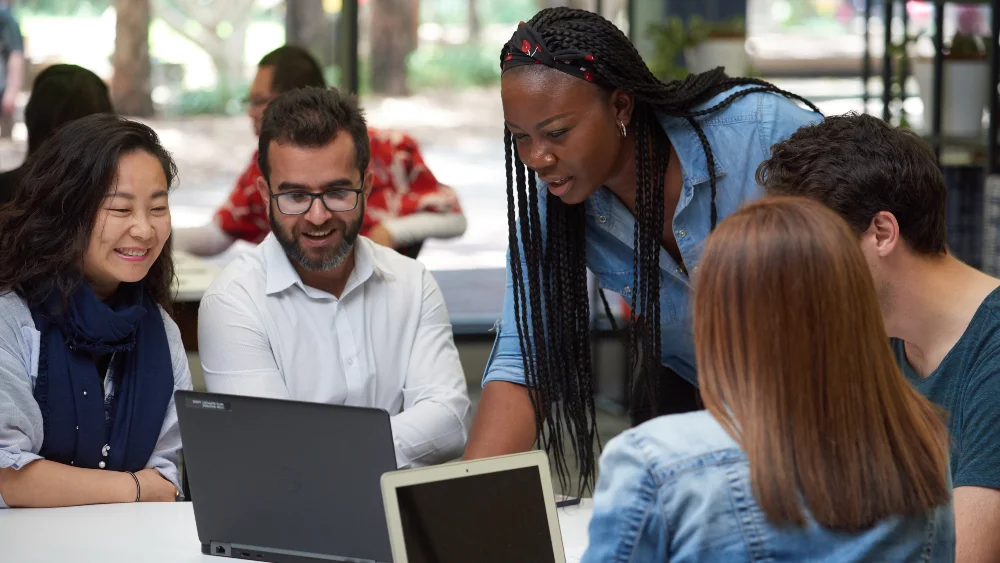Fake news and dubious facts are now a part of everyday life. But you should always critically evaluate a source to test its credibility and accuracy before using it in an assessment to ensure you are supporting your arguments with correct and credible information.
Do you know when you’re reading fake news or misinformation? How can you tell if something you see or hear online is true?
On International Fact-Checking Day, Tuesday 2 April, consider how you might recognise fake news and learn how to check your facts. We’ve got some resources to help you think it through.
Guides and resources to help you check the facts:
- Explore the Digital Skills Hub to evaluate your skills and get a personalised report using the JISC Discovery Tool
- Evaluate information for timeliness, relevance, authority, accuracy and purpose
- Learn how to critically analyse what you’re reading
- Evaluate news and social media with Australian Associated Press (AAP), RMIT ABC News Fact Check and Reuters Fact Check (all accredited with the International Fact-Checking Network)
- Spot fake news and play the ‘Bad News Game’!
